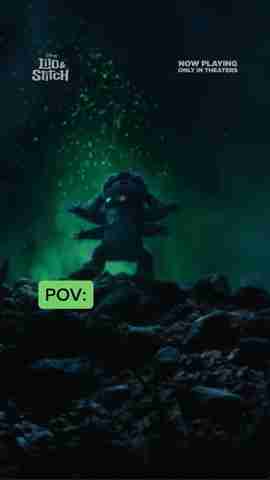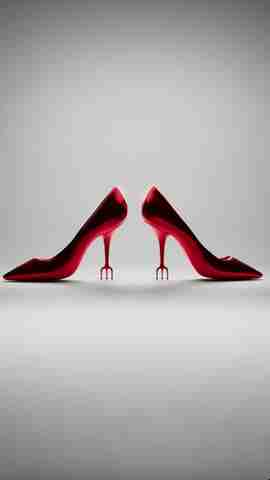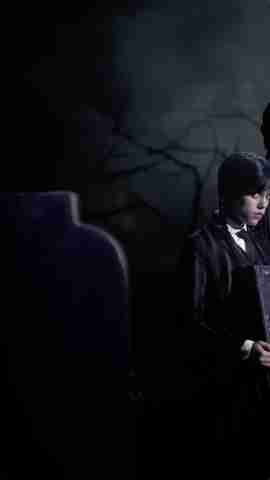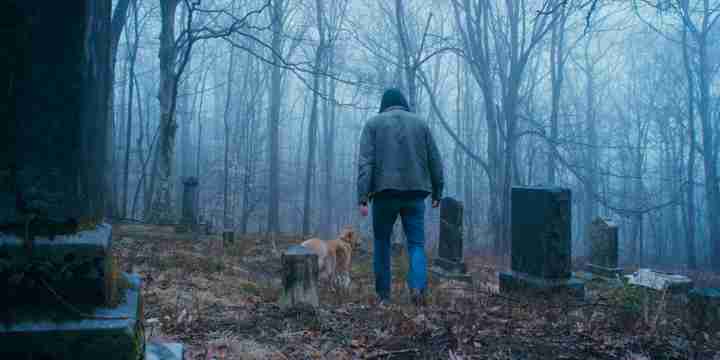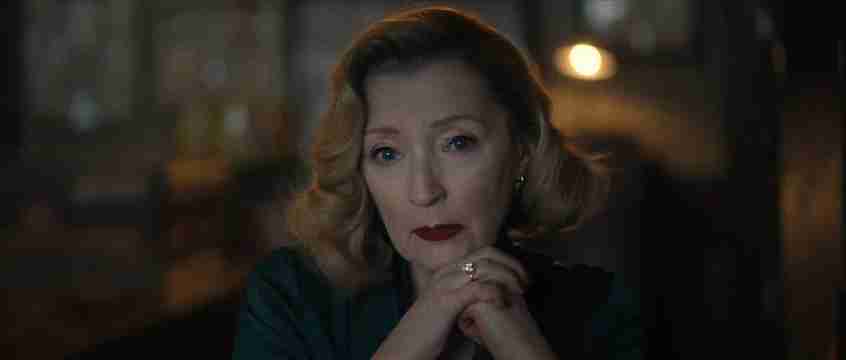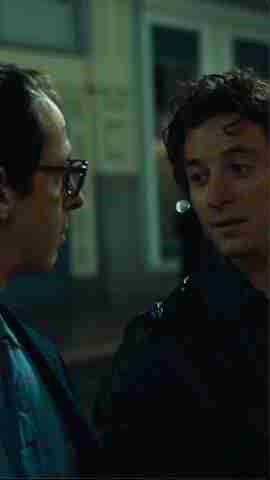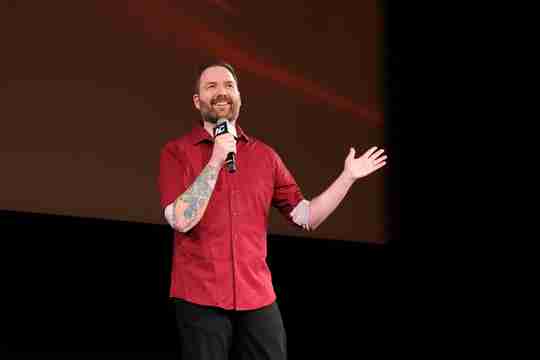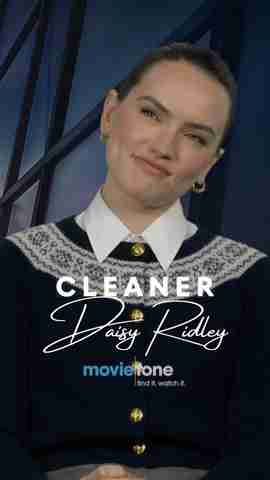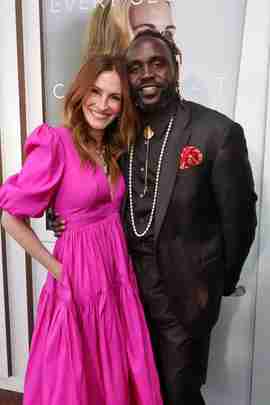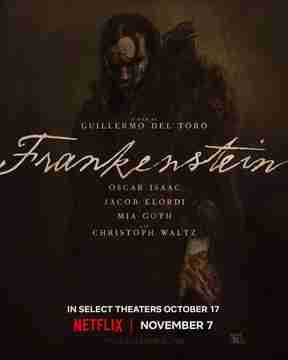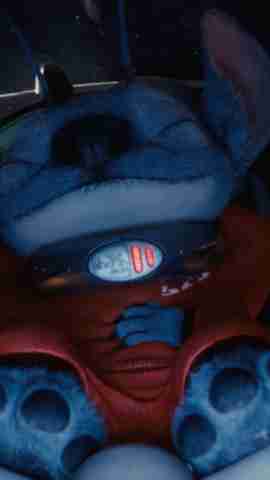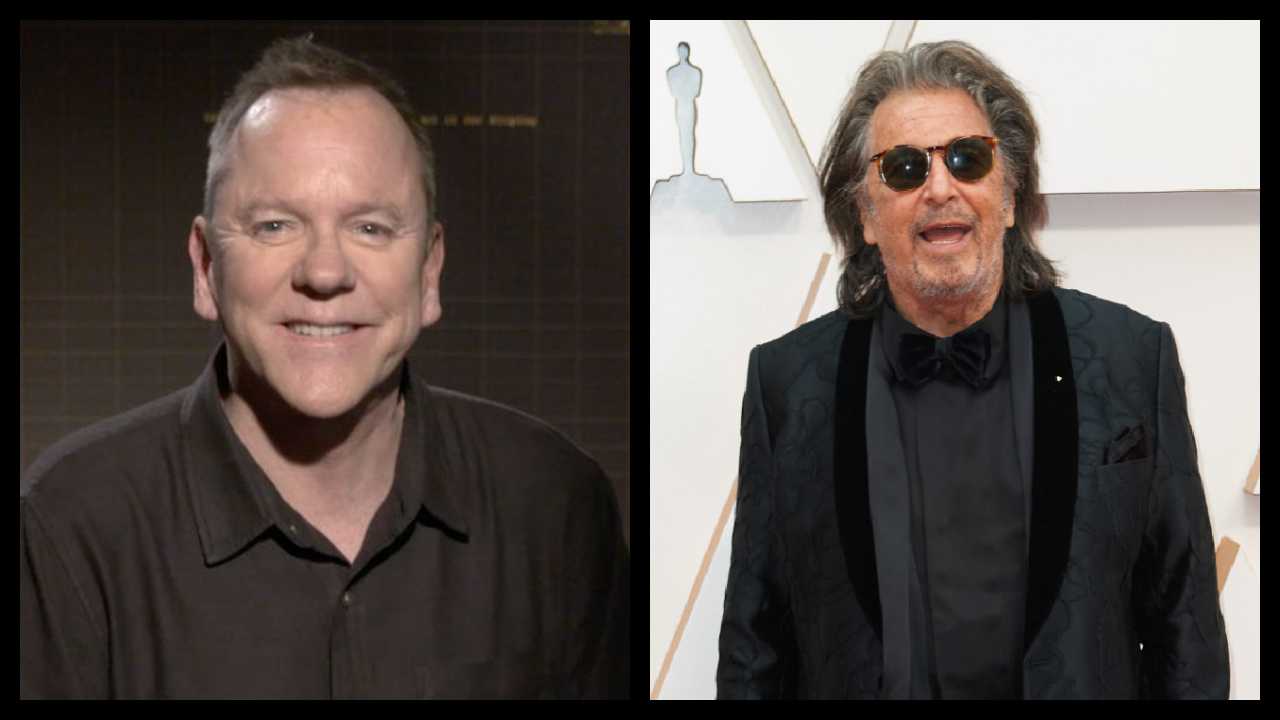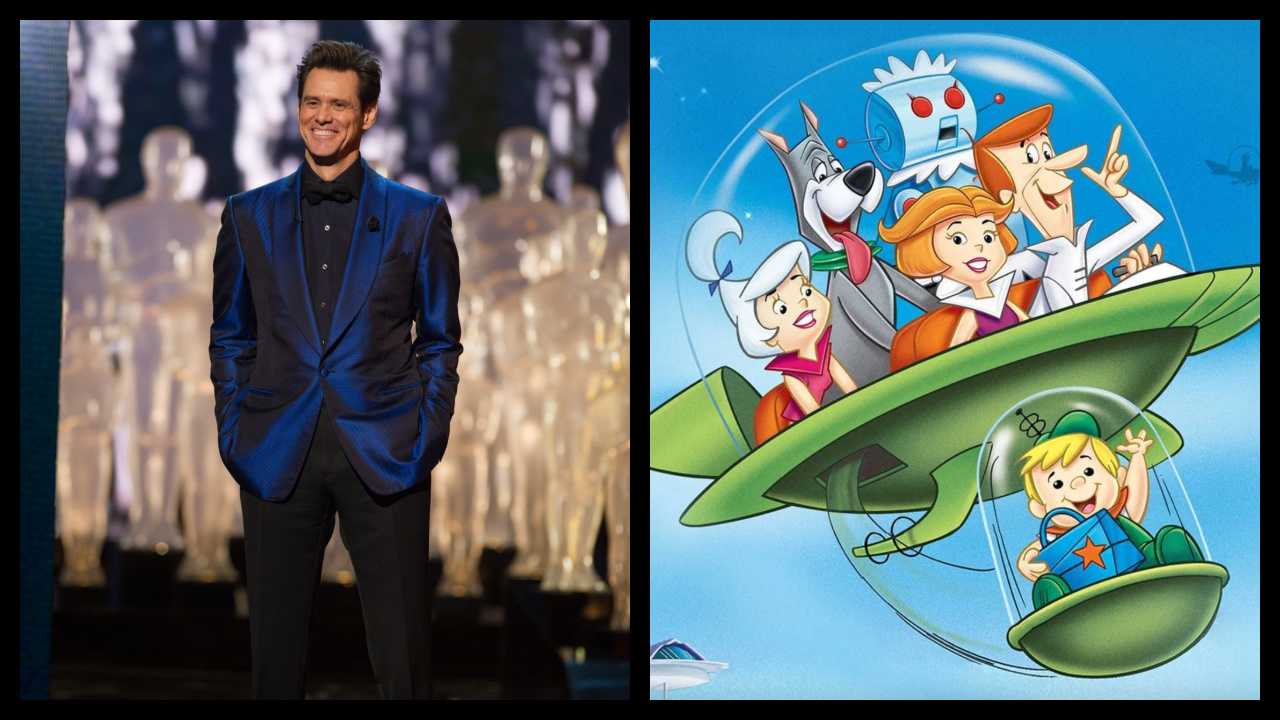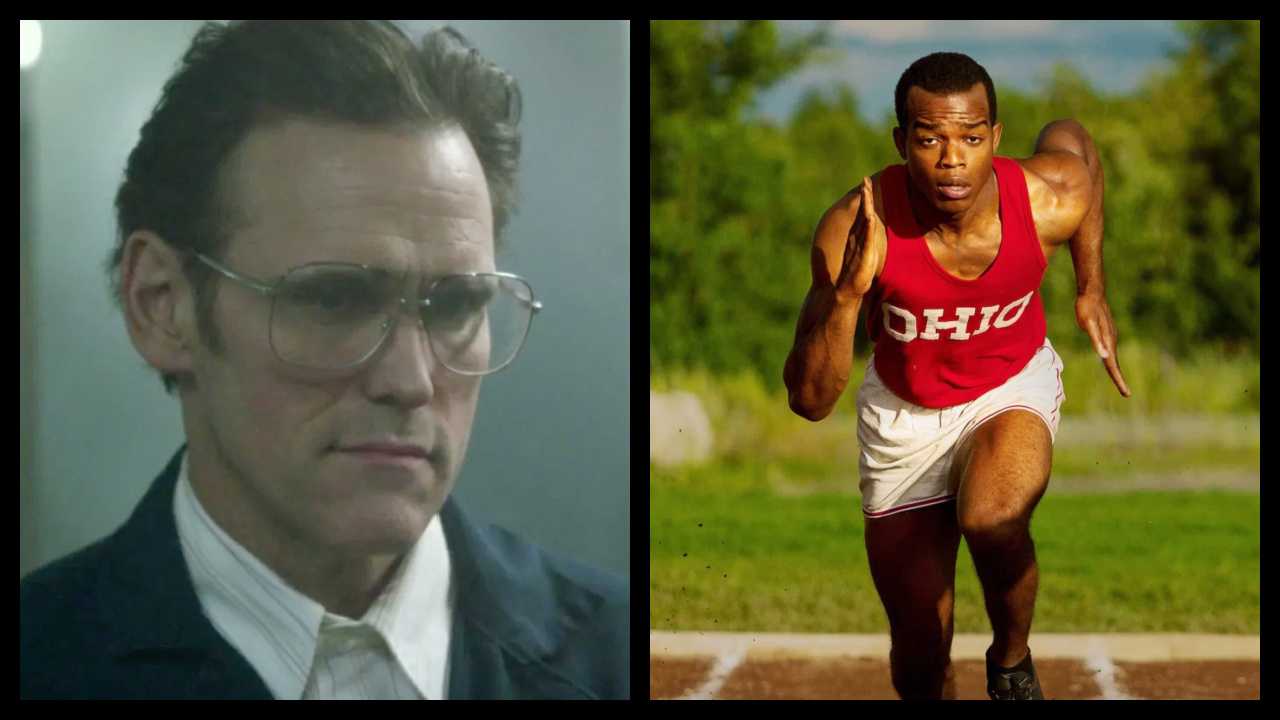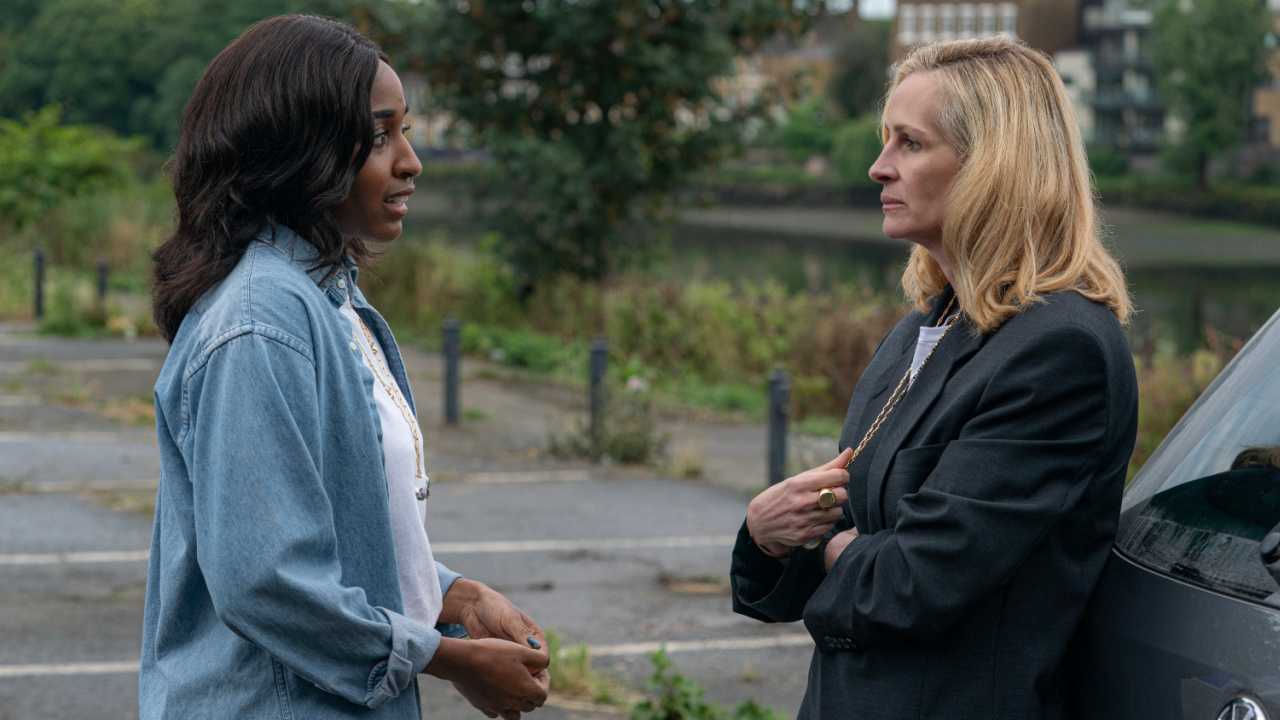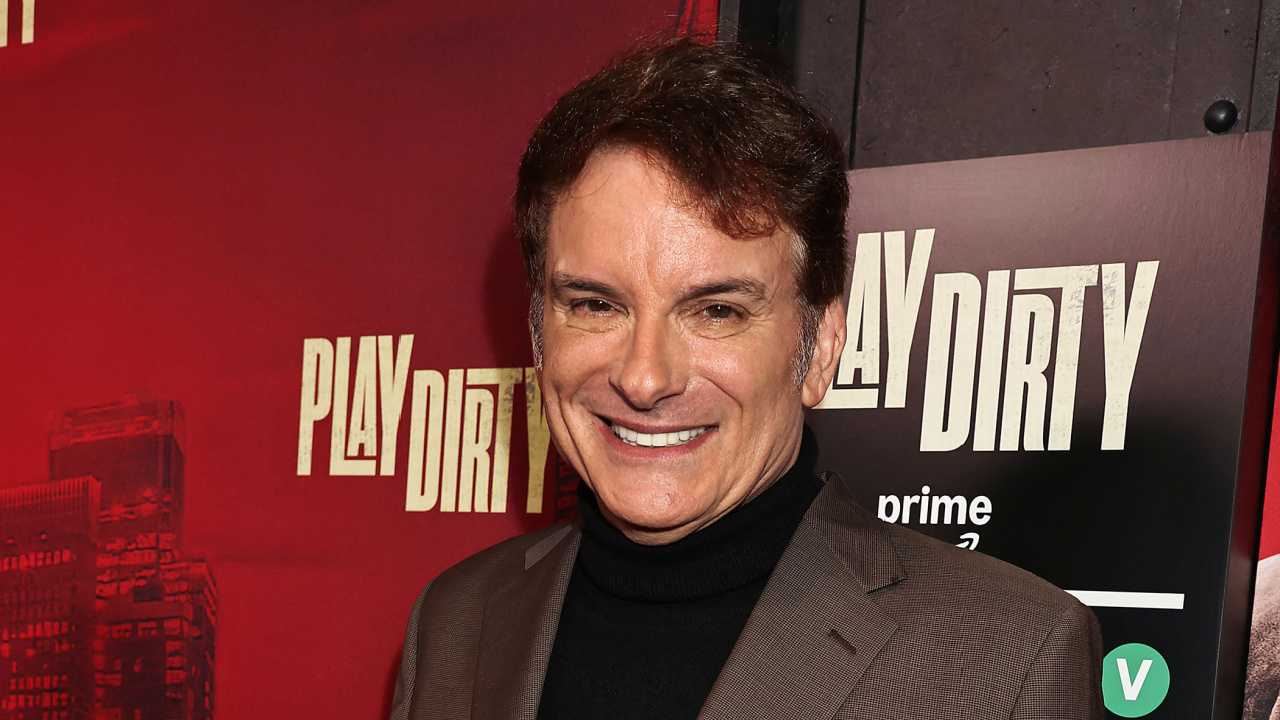Noah's Snark: Eight Lessons From the Trevor Noah Controversy
I come not to praise Trevor Noah nor to bury him.
What's fascinating about the controversy this week surrounding the newly-hired "Daily Show" host isn't whether or not some of his old tweets are funny, whether or not they're offensive, or whether or not they should disqualify him from his new high-profile job. (Short answers: Some are funnier than others, they're offensive and deliberately so, and his bosses don't think they rise to the level of firing offenses, so that's that.)
Rather, it's the speed at which the Internet was ready to coronate him and then destroy him. On Sunday, the 31-year-old was all but unknown. On Monday, he was named the heir apparent to Jon Stewart, and he was suddenly known for his unique backstory as a biracial South African who is part Swiss, part Jewish, and part Xhosa. (He was poised to be the Barack Obama of late night, or maybe even the Tiger Woods.) By Tuesday, he was being exooriated for old jokes on his Twitter feed, posted between two months and six years ago, that seemed to belittle women, Jews, Israelis, and others. By Wednesday, Comedy Central was forced to issue a statement defending its hire -- though, as these scandals go, the channel might just as quickly have fired him. (Think of the swift, career-destroying results of other celebrities' intemperate remarks, from Isaiah Washington to Michael Richards.) And by Thursday, the counter-backlash was in full force, spearheaded by Noah's fellow comics, from edgy Jim Norton to "Daily Show" veteran Aasif Mandvi (a more mature comic who shares with Noah what Comedy Central executives might call a global perspective) to Patton Oswalt, who unleashed an epic, 53-part Twitter rant decrying the kind of political correctness that (in Oswalt's argument, at least) makes it impossible for comedians to try out new material. Their verdict: let Noah actually do the job (it's not clear yet when Stewart is stepping down and Noah is taking over) and then judge him based on that, not on some old trial balloons that failed to fly.
Maybe it's disingenuous for comics to argue that the right to offend is a necessity; there are plenty of comics who get laughs without deliberately mocking people based on stereotypes. And it's overstepping to assume that the outrage expressed by Noah's critics is manufactured or artificial. Not everyone who feeds the Internet Outrage Machine is a troll, out to hit a nerve and provoke a response just to stir things up and attract clicks. Maybe some people actually felt hurt by Noah's puerile jokes.
Still, the furious, off-with-his-head intensity of the response, and the quick churn of the argument -- he went from hero to heel to martyr in three days -- has to be unsettling. Which TV personality -- which person suddenly elevated from obscurity to notoriety -- can withstand that kind of scrutiny and pressure?
If Noah's deluge is a cautionary tale, what lessons that can be drawn from it? Here are a few:
1. It's not the best sign that the person Comedy Central hired to bring fresh perspective to "The Daily Show" turns out to have a perspective that's not so fresh. The most original joke in his tweets is his "BeatsByDreidel" pun.
2. Yes, comics need a public space where they can work out their jokes, but many choose to do it in the clubs, where, if a joke fails, it doesn't live forever, like an unexploded land mine.
3. Context matters, as do delivery, execution, and who's telling the joke. These nuances are lost in a 140-character tweet, and they make Twitter a poor place to try out new material. Still, we'd probably be laughing (or laughing while wincing) if Sarah Silverman or the late Joan Rivers had told these same jokes on TV or in a club. That's not fair, but that's how comedy works, and any working comic ought to recognize that and craft jokes accordingly.
4. Did Comedy Central vet him properly? There was no formal audition process for the job, and Noah appeared on just three segments of "TDS" before being promoted to the top spot. Still, he has the votes of confidence of Jon Stewart and Comedy Central brass. If we've trusted Stewart's judgment before, shouldn't we trust it now?
5. Noah will have an army of comedy writers behind him, as Stewart does, as 11:30 Comedy Central host Larry Wilmore does, as Stephen Colbert did, and as John Oliver and Bill Maher do over at HBO. The multiple-Emmy-winning "TDS" team ought to keep Noah in line; at the very least, they'll provide a sounding board he didn't have when he was just tossing jokes out to the Twitterverse.
6. Do Noah's tweets make him a bigot or a bad person? Maybe, but comedy fans have a long history of laughing at jokes made by morally questionable people. Being a good comic doesn't excuse offensive behavior, and offensive behavior doesn't invalidate funny jokes.
7. If even Anti-Defamation League chief Abe Foxman, whose job is to point out bigoted slurs (especially anti-Semitic ones), is willing to withhold judgment, maybe it really is time to step back and wait.
8. Is it fair to judge how Noah will fare as a TV host based on his weak work in another medium? Perhaps not, but social media savvy, for better or worse, has become part of the job description for late-night comics. Jimmy Fallon excels at it, though his wee-hours peers are no slouches either (except for David Letterman, who has mined grumpy-old-man humor from his inability to make effective use of Twitter). Noah's job now isn't just hosting for four half-hours a week; it's being a brand ambassador 24/7, not just for himself now, but for "TDS" and the network. You'd expect a performer hired for his youth and supposed appeal to millennial audiences to appreciate that part of his on-the-job duties.
Even so, maybe it's too much to expect a newly-promoted, suddenly famous performer to spend the first hours after his promotion scrubbing his Twitter feed. But you can be sure he'll be more circumspect in his tweets going forward. Who knows, maybe he's learned or grown since posting the offending tweets; he's almost certainly gotten more education than he bargained for over the past few days. If he hasn't, he's going to have to learn fast because the Internet isn't going to give him much of a grace period once he actually starts the job.

